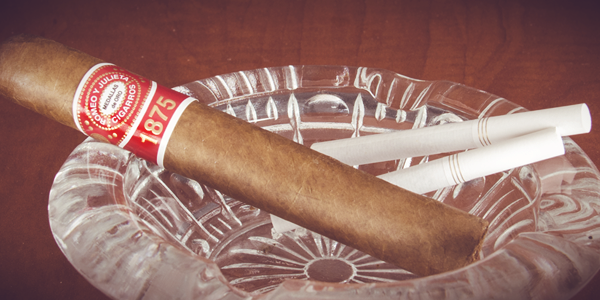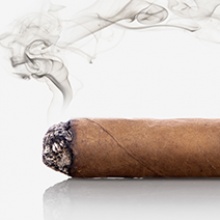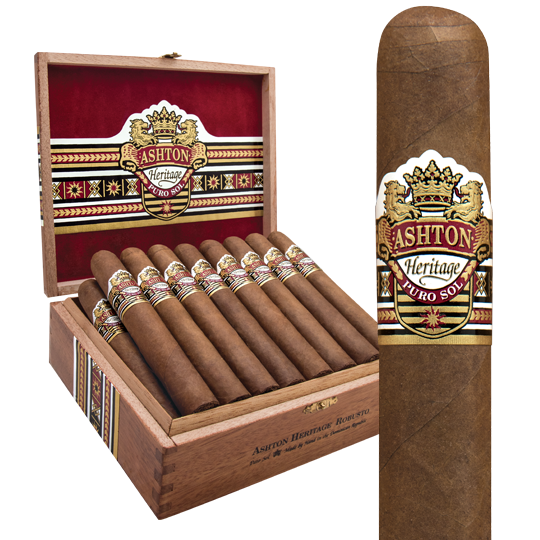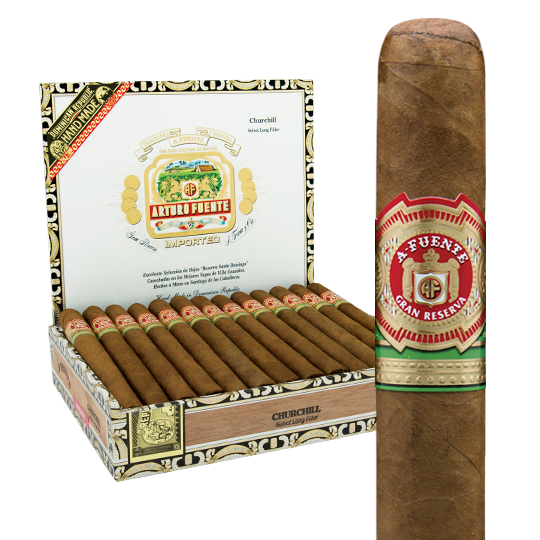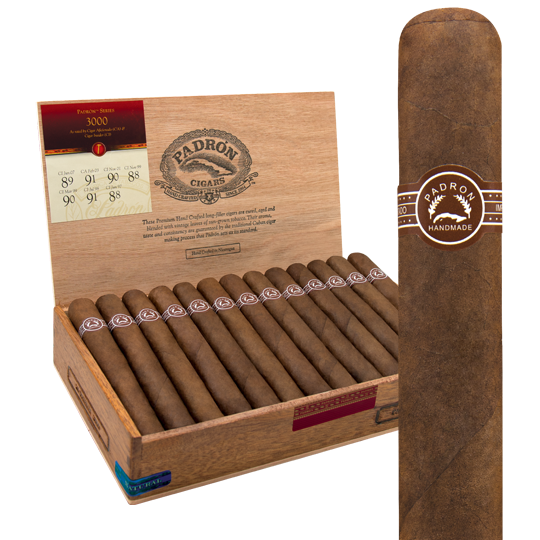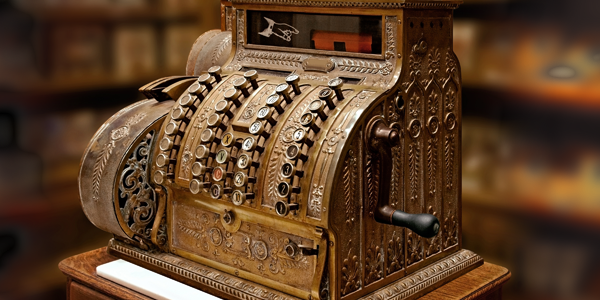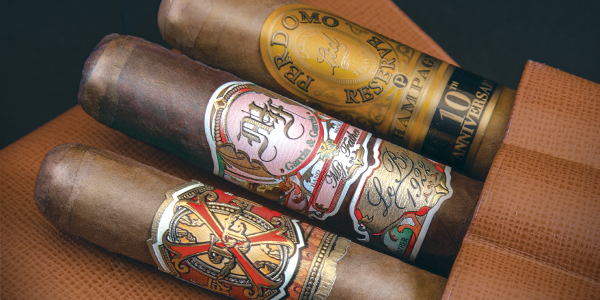The Differences Between Cigars vs. Cigarettes
If you’re a cigar lover, you understand that a premium cigar is a relaxing, flavorful pursuit. You’re not inhaling, you’re savoring the smoke on your palate, ideally taking your time between puffs so that you can appreciate the complex components in the blend. However, there are many other characteristics between cigars vs. cigarettes that make them different.
The Government & Regulation
If you are aware of the current politics involving cigars, you wonder why the government is poking its regulatory nose into your business. The reason, reduced to its basics, is that the Federal Drug Administration (FDA) has been urged by the so-called ‘health lobby’ to view all tobacco products as the same; namely to see them all as bad.
Cigarettes have long been considered a significant health danger. Cigars, while they can cause some health issues, have not traditionally been thought to pose the same risk.
People often wonder if cigars are better than cigarettes. The truth of the matter is that, while cigars and cigarettes both contain tobacco, there are significant differences. Understanding them can begin with a simple consideration of why you smoke one or the other.
An Addiction vs. a Pleasurable Diversion
My friend Nicky lives in Chicago. He has smoked two packs of cigarettes a day since I can remember. The most stunning part of his “hobby” is that on the coldest days of the year, he sneaks out of his office in the River North neighborhood and smokes. He leaves his coat behind so that he can “fool” his co-workers. Except, he tells me, he goes back to his office shivering and smelling of ashtray.
Why does he do it, I ask him. “I’m an addict,” Nicky admits. I took Nicky to a north side cigar lounge one evening and gave him an Ashton Heritage Puro Sol. He couldn’t avoid inhaling. Some habits are hard to break.
Cigarette smokers, no matter how they might have first started, are usually looking to get a nicotine fix. The small cylinder that generally contains relatively low-quality tobacco that is not fermented in an effort to release substances like ammonia, actually has chemicals added to it.
In fact, there are nearly 600 ingredients in cigarettes and all of them are inhaled into one’s lungs when a cigarette is smoked. That’s how a cigarette smoker gets what he or she is looking for out of the experience. This accounts for one essential difference between cigars and cigarettes.
Cigar lovers generally smoke for enjoyment. Cigars – and we’re talking about long-filler, premium cigars here – are made of tobacco. Just tobacco. And that tobacco has been processed much less than a cigarette.
Do Cigars Have Chemicals in Them?
A large premium cigar does contain naturally occurring chemicals, and nicotine, perhaps as much as a pack of cigarettes, but that cigar is not generally inhaled. So, absorption of the nicotine is assessed to be much lower when it comes to cigar smoking. In fact, besides nicotine, the chemicals in both cigarettes and cigars are most risky when inhaled into the lungs.
The only true ingredients in the premium tobaccos found in a cigar are time and water. Premium cigars are made entirely from whole-leaf tobacco that has been aged extensively – and that’s it. Cigarettes on the other hand are loaded with artificial burning agents and additives, plus the paper and the filter. Handcrafted cigars are simple products of Mother Nature much more so than a pharmaceutical recipe.
Why Did Cigarettes Become Popular?
While commercially made cigarettes have been around since 1865, the habit of smoking them was propelled during World War I. Tobacco companies gave away cigarettes to soldiers, encouraging them to smoke to relieve stress and boredom. Thousands are estimated to have returned from combat addicted to nicotine.
During the same period, women who remained at home began working in large numbers outside the home, many in cigarette factories. The rate of women in the U.S. who smoked rose and hit 16 percent by 1929. Wartime ads equated smoking with being patriotic. The entire cigarette production of Bull Durham Tobacco was bought by the War Department (today’s Department of Defense) in 1918. The company’s new slogan? “When our boys light up, the Huns will light out.” During the decade of 1910 to 1920, cigarette smoking per capita shot up from 151 cigarettes per year to 477.
Cigars Are a Luxury
The popularity of cigars, in sheer numbers, has never matched that of cigarettes. In this millennium, though, the trend is up. Between 2000 and 2015, large-cigar consumption was up nearly 180 percent, or 137 percent per capita. (Specific numbers of cigars smoked is not a figure that is readily available.)
Today, cigarettes cost, on average, $6.16 a pack. Cigars are more expensive, but vary widely and great deals can be found. You can learn more about the cost of cigars here.
Made by Hand vs. by Machine
As we aficionados know, the cigars we love are handmade, while cigarettes are made by machine. Premium cigars are all tobacco. Cigarettes have tobacco in them that contains sugar, flavor enhancers, and other chemical additives. The cigarette is wrapped in paper designed using other chemicals to make it burn more slowly, and is often capped with a filter made of thin, hair-like fibers that analysts say traps relatively little smoke and often leads smokers to inhale more deeply. Most notably, the tobacco in cigarettes is generally made up of chopped tobacco leaves, stems, reprocessed pieces and scraps.
Immediate Gratification vs. Savoring Time
Cigarettes are designed to deliver nicotine and take about six to seven minutes to smoke. Cigars are made to deliver flavor. Many of the world’s top-rated chefs are also major cigar connoisseurs. They view cigars as another means to indulge in refined flavor and aroma. A number of parallels can also be drawn between fine wines and cigars from the top brands like Arturo Fuente, Ashton, and Padron. Cigars offer a sophisticated sensory experience.
Cigars generally require a significant commitment of time. They enhance any number of celebratory occasions from birthdays, anniversaries, and promotions to the birth of a child. Cigars complement our lifestyles. We pair them with our favorite beverages and sometimes with food. We take our time. We contemplate life, but never life without our favorite cigars.
Do Cigars and Cigarettes Taste the Same?
Smoking cigars vs. cigarettes very quickly reveals how different the two are. In a premium cigar, tasting notes like cedar, leather, earth, coffee, and spices reflect the terroir of the soil where the tobacco is grown.
Cigarettes, on the other hand, are made from chopped-up homogenized tobacco, processed, and concealed inside a paper tube at a factory. It’s difficult to assign any “tasting notes” to cigarettes because they essentially taste like burning paper, dried out tobacco, and whatever chemical constituents have been added to them. That’s why cigarette smoke sticks in your clothes and hair. Cigar smoke naturally dissipates after a few hours.
Why Do People Smoke Cigars vs. Cigarettes?
Most cigar smokers can’t stand cigarettes. And although some cigarette smokers will enjoy the occasional cigar, it’s rare to encounter someone who enjoys both equally. There are many reasons why people smoke cigars in addition to the taste and aroma. Smoking a cigar is a great way to relax and to celebrate any number of special occasions. People smoke cigarettes to satisfy an addiction. Cigarettes are best described as instruments for delivering nicotine. Cigarettes are loaded with addictive chemicals and burning agents designed to stimulate a craving for one after the other.
Cigars are not inhaled. They are savored for their flavor and aroma. Though cigars also contain nicotine – because nicotine is inherent in tobacco plants – they contain no additives or burning agents. Premium cigar-makers frown upon the use of artificial ingredients or processes to make their products. Cigars are organic. Smoking a cigar is a great way to relax and relish the authentic taste of fine tobacco.

